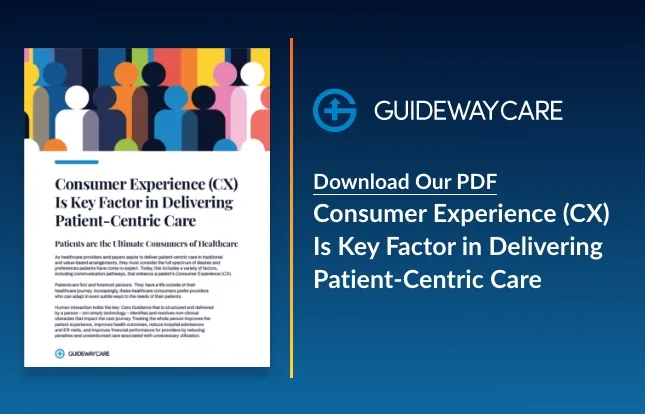Improving Your Oncology and Palliative Care

Palliative care in oncology is essential for creating quality end-of-life experiences. When a patient reaches this point, creating the right family, physical, and other spiritual enhancements is a part of any healthcare practice’s goal.
In this article, we’ll cover how you can improve your oncological care, including the palliative stage. Ultimately, this will allow you to provide enhanced health outcomes, improved coordination, and a streamlined payer structure.
Additional Information: Oncology Care Models And Their Respective Benefits
Palliative Care And Oncology Strategies
Symptom Management
Patients who have incurable cancer can still have a much higher quality of life than in the past. Modern anti-cancer therapies can prolong a patient’s life and reduce complications related to their diagnosis.
Therefore, one of the most important parts of palliative care is a multidisciplinary, evidence-based strategy to assess symptoms. This is true for hospital, home-based, and outpatient environments.
Consider Various Perspectives
Patients that have advanced cancer can have several symptoms throughout their disease. As these symptoms develop, it can result in additional complications.
For instance, biochemical disturbances can occur, such as systemic changes, pain, and bleeding. It can cause severe mental trauma for the patient, as well as fatigue. So investigation into these ongoing symptoms is important for appropriate treatment and comfort of the patient.
That’s why symptom management must be a rigorous focus for healthcare practices throughout the unique stages of cancer.
Perform Comprehensive Assessments
The entire team of care providers should collaborate as professionals to address all the symptoms involved in the patient’s condition.
This will allow optimal symptom relief during the palliative stages and even beforehand. It can also improve patient-reported outcomes and quality of life. In fact, in some circumstances, this can have a positive impact on survival rates.
Leverage Expertise
Of course, specialized palliative care experts and services should always be involved with this assessment. Leveraging primary care physicians and oncologists brings forth the skills necessary to assess and manage the symptoms.
Using checklists, technology, and third-party medical support services will also improve the quality of care. This allows medical experts to focus their energy on the patient rather than the paperwork.
Properly Transitioning From Disease-Focused Care To Palliative Care
The first step of treating a palliative care patient is informing them that their condition is no longer curable. This involves empathy, proper communication, and a support system.
During this transition, physicians should aim to help the patient emotionally as well as physically — helping them understand how their life will look during this stage. Additionally, help them understand that life expectancy may differ depending on their specific disease trajectory and prognosis.
Integrate Palliative Care
Controlling emotional, spiritual, and physical symptoms should be a priority during palliative care. It’s important to communicate expectations so the patient does not feel alone during this potentially painful transition.
As they and their loved ones are accepting prognosis, having organization and structure can be incredibly helpful for peace of mind.
Improve Your Palliative Oncological Care Today
Using the right Enhancing Oncology Model, you can achieve better financial outcomes, health outcomes, and patient experiences.
From emotional to spiritual to social barriers, patients face a number of challenges during palliative and oncology care.
Our advanced support services can help you improve your ROI while delivering increased patient satisfaction across the board. Contact Guideway Care now to learn how we can support your healthcare organization.
Contact Us Today To Learn How We Can Help
"*" indicates required fields




